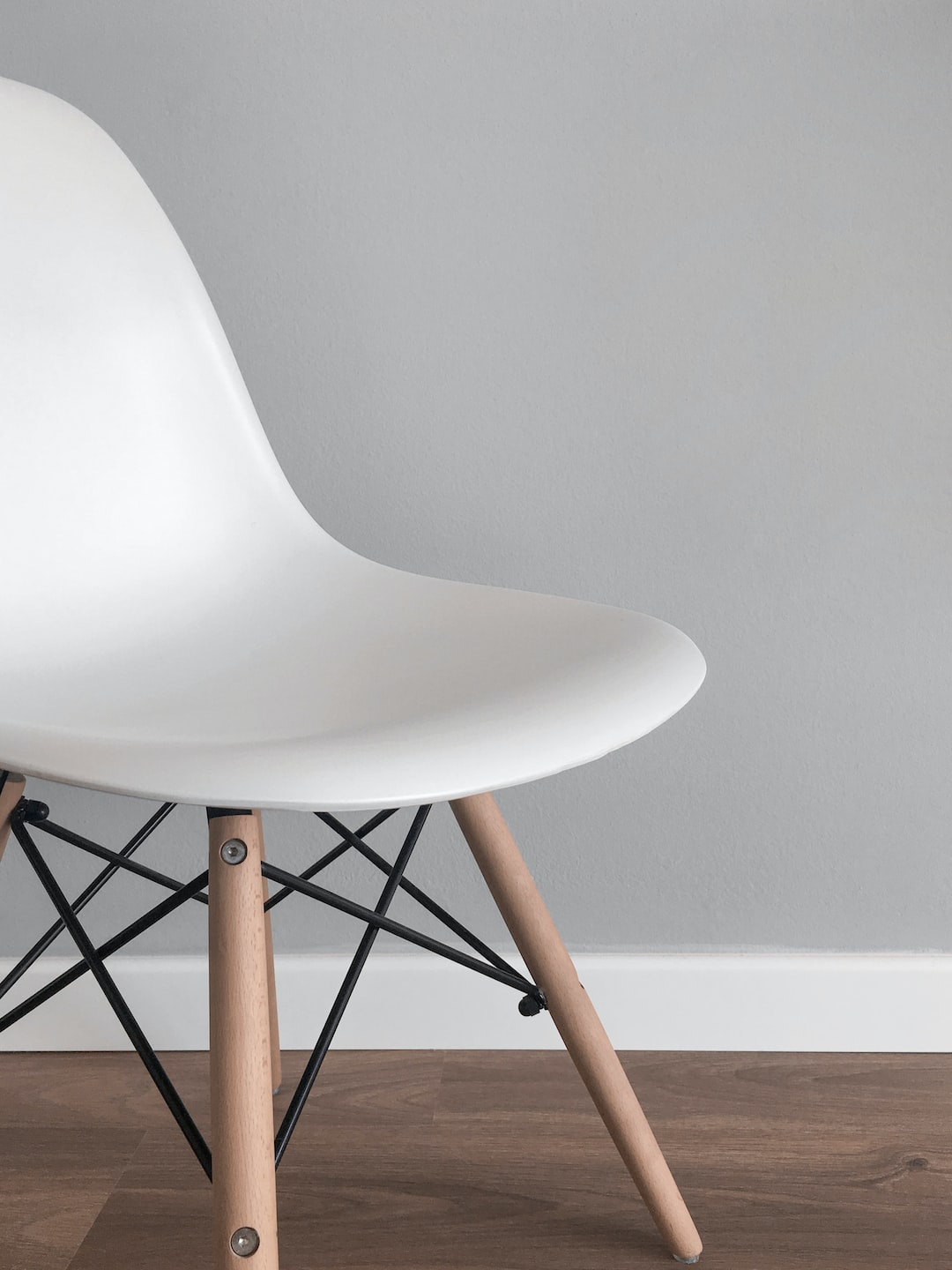Designing an Open-Concept Living/Dining Room with Transitional Furniture
Creating an open-concept living/dining room can be challenging but also exciting. Open-concept living spaces are becoming popular for many reasons, including the ability to maximize both natural light and living space. It is one of the most desired features for households in modern living.
To maximize and design a transitional open-concept living/dining room, it is essential to choose the right furniture. Transitional furniture bridges the gap between traditional and contemporary furniture styles, making it an excellent choice for your open-concept living/dining room.
Here are some simple tips for designing an open-concept living/dining room with transitional furniture:
1. Measure the Space
Before moving any furniture into your open-concept space, you need to take accurate measurements of the room. You need to pay attention to the size of your furniture, the space between each piece, how they will fit together as a single unit, the ceiling height and any potential architectural features such as windows or columns.
2. Create a Layout
After taking your measurements, the next step is to design a layout for your furniture. The secret to designing transitional open-concept living spaces is to create a unified, cohesive, and practical living and dining area. To do so, it is best to start with an anchor piece of furniture. This could be a large sofa or a dining table. Choose a piece that will set the tone for the entire space and design the rest of the furniture around it.
3. Choose Neutral Colors
Transitional furniture is all about blending traditional with contemporary styles, so it is essential to choose neutral colors that will not clash with each other. Neutral colors such as beige, gray, taupe, and off-white will create a simple and harmonious backdrop for your furniture and accessories.
4. Pick Complementary Textures
Transitional furniture creates a visually interesting room when different textures and materials are combined. Combining wood and metal, glass and leather, or stone and fabric can create a beautiful yet versatile look. Additionally, the combination of fabrics and soft materials can provide a comfortable and cozy space for your living and dining areas.
5. Define the Space
Though open-concept living rooms are about a unified space, it is still essential to create separate areas for living and dining. One way to define the space is by placing a rug in each area. A large area rug under the seating area, a smaller one underneath the dining table will add warmth, beauty, and functionality to your space.
6. Use Appropriate Lighting
Lighting is a crucial element in any open-concept living/dining room. It is essential to balance natural light and artificial lighting. Pendant lights and chandeliers over the dining table, recessed lighting around the living space, table lamps on end tables near the sofa, and floor lamps in corners will create a warm and inviting ambiance.
7. Add Artwork
Finally, completing the look and feel of your open-concept living/dining room is your artwork. Artwork adds a personal touch to the room and can be used to define the area by adding color and beauty to your walls. Look for art pieces that can tie in with your color and texture choices.
Conclusion
Transitional furniture is the ideal choice for any open-concept living/dining room. When creating a transitional interior design, the goal is to create a space that is both stylish and functional. Since this type of interior design merges traditional and contemporary styles, it is easy to find decor options that suit your personal preferences. Make use of these simple tips to enhance the aesthetics of your open-concept living/dining room with transitional furniture.

